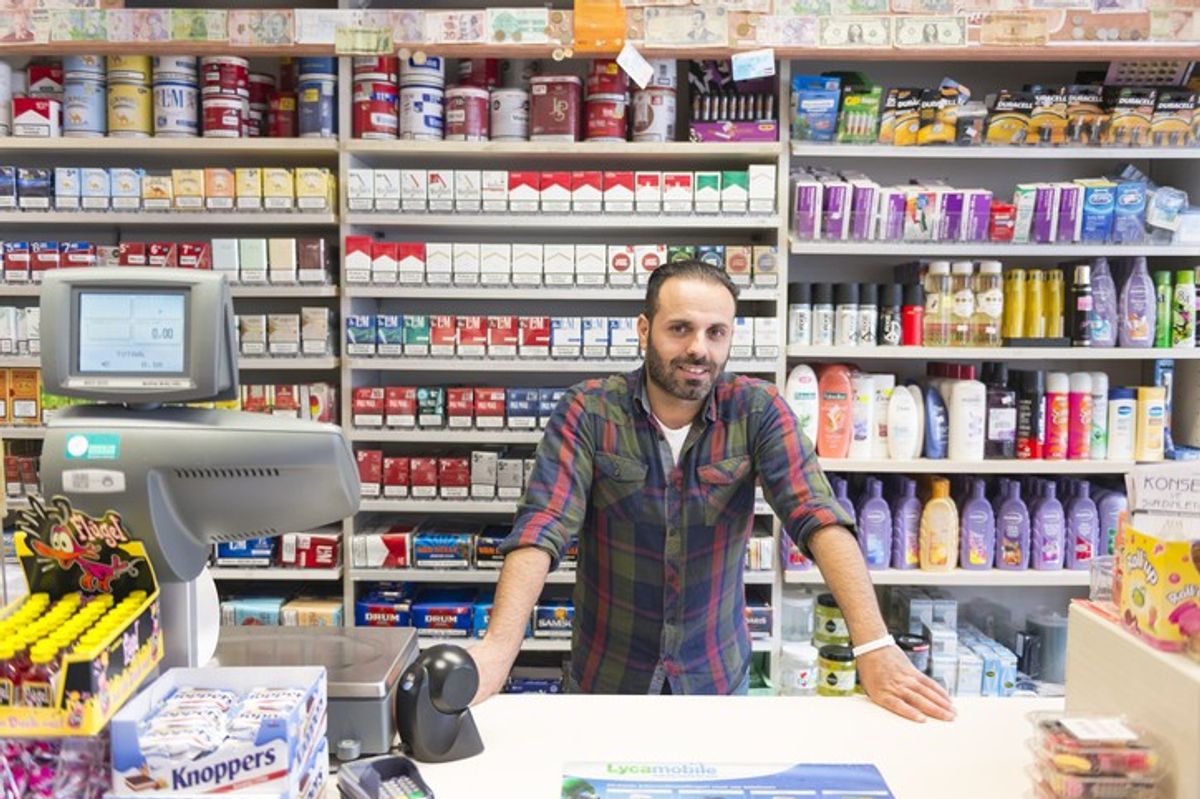A good majority of young shoppers prefer shopping at independent retailers, with many even willing to pay extra, states a recent report.
According to a survey of 2,000 adults, commissioned by global online wholesale marketplace and Bira partner Faire, a majority of people aged 18-27 prefer the "personal touch" of an independent store, with 40 per cent of the Gen Z age group also most inclined to avoid chain stores for indie retailers.
74 per cent of Gen Z shoppers prefer shopping at independent retailers, with 62 per cent willing to pay more at indie shops. Among the items most likely to be purchased from independent shops by Gen Z, according to the survey, were clothing (29 per cent), gifts (23 per cent), and home décor or homewares (17 per cent).
The survey also found that a large majority (82 per cent) of adults think their high street needs reviving, with 40 per cent believing more independent shops are key to bringing it back to life.
The survey, carried out through OnePoll, reports that over half of all adults surveyed (56 per cent) cite the cost of living as the main factor driving them to bigger chain stores, while over a quarter (27 per cent) state that they shop at independent retailers more frequently than they did two years ago.
Charlotte Broadbent, UK general manager at Faire, said, “The independent retailers we work with at Faire tell us that it’s often their youngest shoppers who most value the uniqueness and personal touch that independent stores offer over larger retailers.
"The fact they’re also prepared to pay extra for products sold by independent stores shows just how strongly they feel and how optimistic we should be for the growth of the independent retail sector in years to come.”
Charlotte added, “The number of people who want to see local high streets thriving again is huge, and we believe that supporting independent businesses is key to making this happen because they offer so many unique products and experiences that bigger retailers can’t.”


